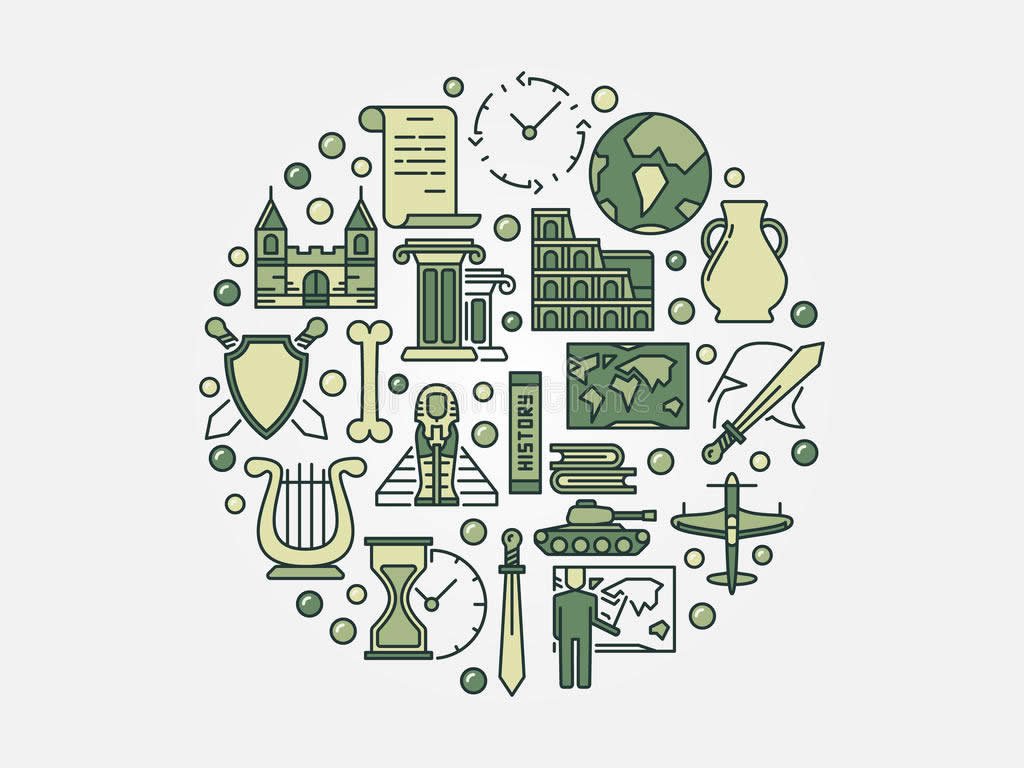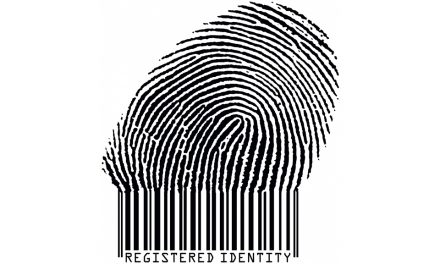How would you rate your vocabulary ? Average; Better than Average ; Exceptional ?
It may not matter how good you think your command of English is because in this article we reveal some surprising revelations about some of the words, you may have thought you had a thorough understanding of, had, in point of fact, some VERY different meanings in the past.
It’s not just modern “youf speak” that is changing words meanings. As you will see any word might be knocked and buffeted and subjected to many twists and turns over the centuries they have been in use.
Here’s 5 of them …
Algebra
Originally meant ‘bone-setting surgery’
You may not have liked Algebra at school but that’s nothing compared to what it previously meant – agonising bone-setting surgery used to heal fractures.
Algebra is a Latin corruption of the Arabic al-jabr, literally meaning ‘the reunion’ or ‘the restoration’ of something lost or broken – it just so happens that the things being ‘reunited’ or ‘restored’ were originally broken bones, not unknown quantities.
The word algebra was first imported into English in the early Middle Ages via translations of European and Arabic medical textbooks where it was used the to explain ‘stretching out and/or restoring of broken bones and bones out of joint’.
Parallel to this, in 830 AD, al-Khwārizmī wrote a mathematical treatise called ‘The Concise Book on Calculation by Restoration and Completion’, in which the things being ‘restored’ by al-jabr were no longer broken bones, but the unknown quantities in quadratic equations. By figuratively referring to these kinds of calculations as al-jabr, al-Khwārizmī laid the foundations not only for the word algebra, but the entire discipline of algebra itself. This arithmetical meaning of algebra arrived in English in the mid 1500s, and the subject’s widespread popularity soon helped to consign the older medical use of algebra to the history books.
Bank
Originally meant ‘table’
In the early Middle Ages, grain merchants in Italy began lending money to their suppliers to cover the costs of planting, cultivating and harvesting their crops. As time went by, this business of lending money soon proved more profitable an enterprise than the grain trade itself, which led some merchants to abandon agriculture altogether and establish their own money-lending ventures. They still operated their business from where they always had, however, at a stall in the local marketplace: sitting behind nothing more than a low wooden table or banca, these early merchant bankers not only established the practice of modern banking, but gave us the word bank itself.
Cloud
Originally meant ‘rock’
Cloud comes from an Old English word, clúd, which once meant ‘rock’, ‘hill’ or ‘mass of stone’.
So how does a word for a mass of stone come to be used as a word for a mass of water vapour?
It’s presumed that Old English speakers were quick to notice that thick, heavy, dark-grey rainclouds (the type as a Brit we are all too familiar with!) looked an awful lot like thick, heavy, dark-grey masses of rock.
Consequently, the Old English word clúd soon gained a second meteorological meaning, and by the early 14th century this meaning had all but replaced the older one entirely. Thereafter, from the Middle English period onwards, clúd, or clod as it had become by then, was being used almost exclusively to refer to clouds and it’s this meaning that has endured ever since.
Fetish
Originally meant ‘talisman’
When it first appeared in the English in the early 17th century, the word fetish originally referred to African amulets or charms.
In 1689, a young British chaplain named John Ovington was hired by the East India Company to travel to Asia to minister to the company’s Indian workers. After two years’ work he returned to Europe and published an account of his journey, A Voyage to Surat, in 1696. In it he recalled coming across an African tribe near the delta of the River Congo on Africa’s west coast – and finding out all about their ‘fetishes’:
They travel nowhere without their fetish about them, one of which looks like the small end of a stag’s horn, with a bell tied to it, about the bigness of a man’s thumb. But each of them had his own made of such materials as the priests … think fit to bestow upon them.
– John Ovington, A Voyage to Surat in the Year 1689 (1696)
This talismanic meaning of fetish remained in place in English right through to the late 1800s. It was then that it was picked up and applied to the newly emerging science of psychoanalysis, which finally established the modern fetish as it is today.
These talismans and amulets were of course physical inanimate objects revered by their holders, but in the late 19th century the term fetishism came to be used to refer to an erotic desire or obsession for a non-sexual object. Later discussions though especially by the English physician Havelock Ellis wrote of a kind of ‘sexual inversion’ and at this point it crossed over to an obsession for a sexual object.
Garble
Originally meant ‘to separate the good from the bad’
Garble is thought to be derived via Italian from an old Arabic word, gharbala, meaning ‘to sift’, which in turn is probably based on the Latin word for a sieve, cribrum. So when garbling made its first appearance in English in the late 15th century it was essentially being used to mean “the removal of lower-quality or waste material” from the garbage – which incidentally originally meant animal entrails, and through association with things that usually are thrown away, eventually came to mean ‘refuse’ or ‘rubbish’.
By the early 1600s, however, the verb garble was beginning to be used more generally to mean ‘to take the pick of something’, or ‘to sift or weed out anything undesirable’.
By the Victorian era, the expression ‘garbling the coinage’ had emerged, which referred to the somewhat shady practice among moneylenders of melting down any new, unworn coins that came into their possession and returning the more tired, worn down coins back into circulation. Facts and statistics, legal documents, items of correspondence, formal documents and all manner of other data and material could likewise be manipulated or ‘garbled’.
Thus the word garble coming to mean ‘to distort’ or ‘to misrepresent’, and by extension, ‘to speak incoherently’, and eventually it was this meaning that replaced all others in the language.





